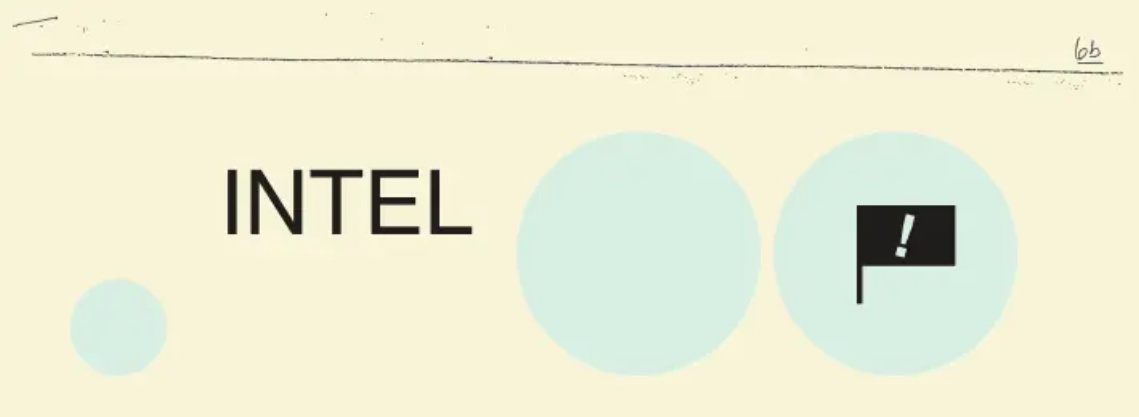 ⁜ Tech Polymarket's homepage as of Sunday. Polymarket's homepage as of Sunday.Place your bets: A popular blockchain startup that allows betting on news events is upping its editorial offerings ahead of the 2024 presidential election. Axios reported earlier this month that polling guru Nate Silver was advising Polymarket, the venture-backed predictions market that over the past several years has expanded online betting around political and national news events. On Monday, the company is rolling out several new editorial features to add to its election betting offerings and enhance stories written about Polymarket odds. Among them: The Oracle, a twice-weekly Substack newsletter that will summarize markets around topics and share breaking news from Polymarket’s new in-house editorial team. The company is also partnering with Substack on a feature allowing publishers and media outlets to embed forecasts within articles (including in Silver’s own Substack). Two other major media partners will begin embedding Polymarket forecasts in their pieces in the coming days. “Polymarket is transforming how people engage with the news. We are living through the most volatile election in memory and our forecasts are helping people understand what is happening in real-time,” Polymarket CEO Shayne Coplan said in a statement. “News organizations are already using Polymarket as a tool online, in print and on air — having live market embeds will further help press meet the growing demand for data-driven, real-time information that people are craving more than ever.” Remove the squid: I was growing a little blasé about AI until I saw Ethan Mollick’s efforts to persuade Anthropic’s Claude to “remove the squid” from All Quiet on the Western Front. Genuinely pretty mind-blowing. Listening: Spotify has, finally, turned all your hours of listening into a profitable business. ⁛ NewsLIPV service: Business Insider is pushing its journalists to change the way they think about their audience. In an email to staff earlier this month, Deputy Editor-in-Chief Matt Turner said the company was beginning to track logged-in page views in order to bolster its newsroom against changes made by platforms to distribution. “It will create a large audience of loyal readers who seek out our journalism, regardless of whatever else happens on the internet. This new metric, LIPVs, will measure engagement from these loyal readers,” Turner wrote. “By paying close attention to the journalism they’re spending time with, we can produce more of it.” Good news: “Majorities of both major parties say local media in their area are doing their jobs well,” Pew finds… even if most aren’t consuming it or paying for it. Off the hook: Washington Post CEO Will Lewis’ critics had hoped that the new Labour government might reopen questions about phone hacking. No dice, reports Jim Waterson. Between that and Joe Biden having, uh, changed the subject, Lewis is having a pretty good month. ✦ MarketingWBD vs. NBA: Puck’s John Ourand sees Warner Bros. Discovery’s basketball rights meltdown as “the culmination of a subtle breakdown in relations — missed signals, bad communication, frustrated dealmaking, and a couple negotiating misplays.” Growing influence: The ad giant Publicis made another big acquisition, reportedly paying $500 million for the influencer marketing company Influential. ⁋ PublishingRIP: Lewis Lapham, Christian Lorentzen writes, was, among other things, a pioneer in the trade of witty aggregation/distillation/curation/whatever you want to call it. “Someone asked him the secret of editing. He said he’d learned it from his editor at the Saturday Evening Post, and it could be summed up in one word,” which was: “steal.” | 






